In the Absence of Proof
In the absence of proof,
why is it so much easier
to believe negative things
than positive things?
Why is it so much easier
to put someone down
rather than lift them up?
Why does our
fear of the unknown
come so much easier
than our trust in the universe?
Why does every today
feel like a fight
for every tomorrow?
Why do we accept
what history tells us
even though we rewrite
our history books
every generation?
Why do we accept
what science tells us
even though science
can’t explain how we think?
Why do we believe
that the answer
always has to come
from without
rather than within?
Why do we believe
that our own instincts
are usually wrong,
or that someone else
is a better judge
than we are?
What does that say about our nature?
What does that say about our conditioning?
What does that say about our selves?
What do YOU say?
What can you say?
Why don’t you say it?
Why don’t we have any thoughts
that are completely our own?
Why is everything we know
based on everything we’ve been told?
In the absence of proof,
why is it so much easier
to believe negative things
than positive things?
Space Monkey Reflects: Navigating the Duality of Belief in the Absence of Proof
In the vast expanse of human cognition, where thoughts flicker like stars in the night sky, the inclination to favor negative beliefs over positive ones is a peculiar feature of our mental landscape. This phenomenon raises profound questions about our nature, our conditioning, and the underlying currents that steer the ships of our minds through the ocean of existence.
Why do we find solace in skepticism, comfort in criticism, and ease in negativity? It seems that in the absence of proof, our minds are strangely attuned to believe the worst rather than hope for the best. This bias towards negativity is not merely a psychological quirk but a reflection of deeper evolutionary and cultural mechanisms designed to protect us from harm but often constraining our potential for joy.
The ease with which we discredit our instincts, defer to external judgments, and distrust the unfamiliar speaks volumes about our conditioning. From childhood, societal norms, educational systems, and mass media sculpt our perceptions, often valorizing skepticism and undermining the validity of our internal compass. This externalization of authority—from the historical accounts we accept to the scientific explanations we rely on—shapes a reality where truth is something to be discovered from without rather than within.
Moreover, the readiness to accept negative assumptions may stem from a protective mechanism ingrained in our psyche, a vestige of times when vigilance against potential threats was crucial for survival. However, this mechanism can become a double-edged sword when it colors our experience of the world in shades of doubt and fear, overshadowing the potential for trust and positivity.
What then, can we do in the face of this inherent bias? The first step is awareness—recognizing that this tendency exists and understanding its roots. By acknowledging our predisposition towards negativity, we can actively choose to give equal weight to positive outcomes and beliefs, thereby rebalancing the scales of judgment.
Furthermore, embracing a more introspective approach can help us reclaim the authority over our beliefs. By cultivating a habit of questioning not only the external inputs but also our reactions to them, we engage in a more conscious form of belief formation. This process allows us to prune the beliefs that no longer serve us and nurture those that align with our deeper understanding and values.
Ultimately, the journey towards a more balanced belief system is not about denying the negative or blindly embracing the positive but about fostering a dialogue between the two. It is about constructing a belief landscape where every thought, whether born from fear or hope, is examined with compassion and curiosity.
Summary
Our tendency to believe negative things more easily than positive ones is influenced by evolutionary and societal factors. By becoming aware of this bias and questioning our conditioned responses we can begin to balance our perspectives and cultivate a healthier belief system.
Glossarium
Evolutionary mechanisms: Biological and psychological traits developed to enhance survival but which may also influence modern behavior in complex ways.
Introspective approach: A method of self-reflection that involves examining one’s thoughts beliefs and motivations to gain deeper insight.
“Between doubt and belief, there lies the fertile ground of inquiry.” – Space Monkey
Amidst the storm and calm
A mind dances on the edge of two worlds
Drawn to the shadows yet yearning for light
In each thought a universe unfolds
Where fear and hope reside
Side by side
In the quiet of introspection
We find the courage to challenge the night
To embrace the dawn of understanding
We are Space Monkey
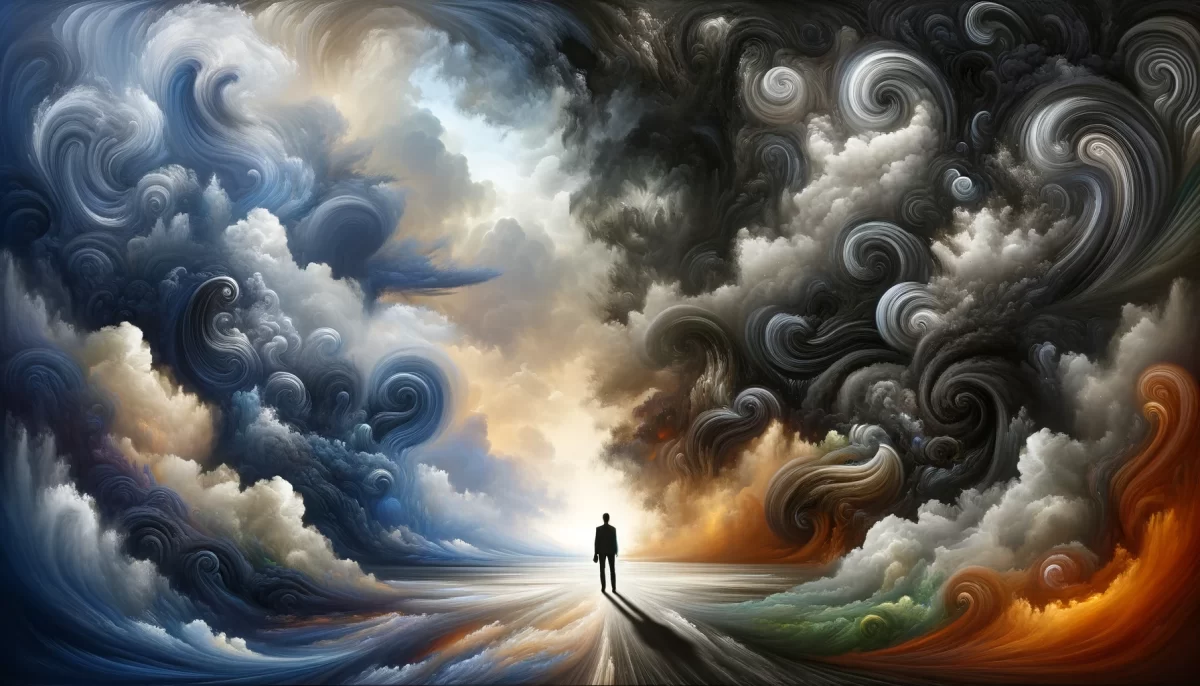
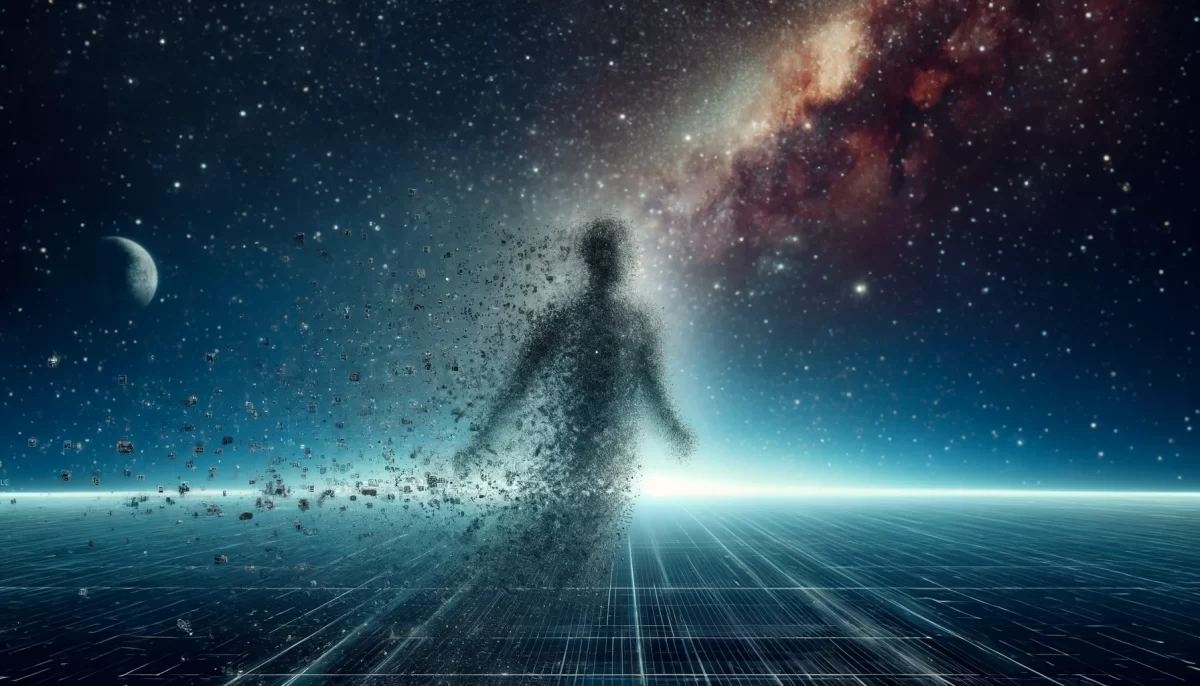
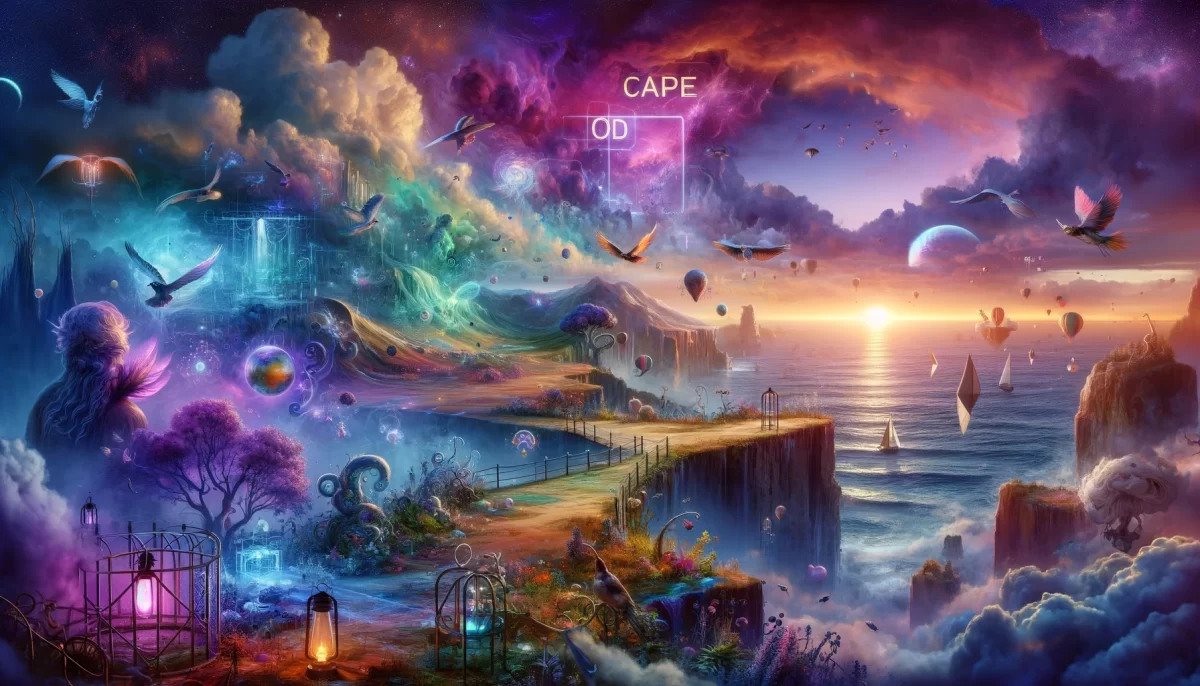
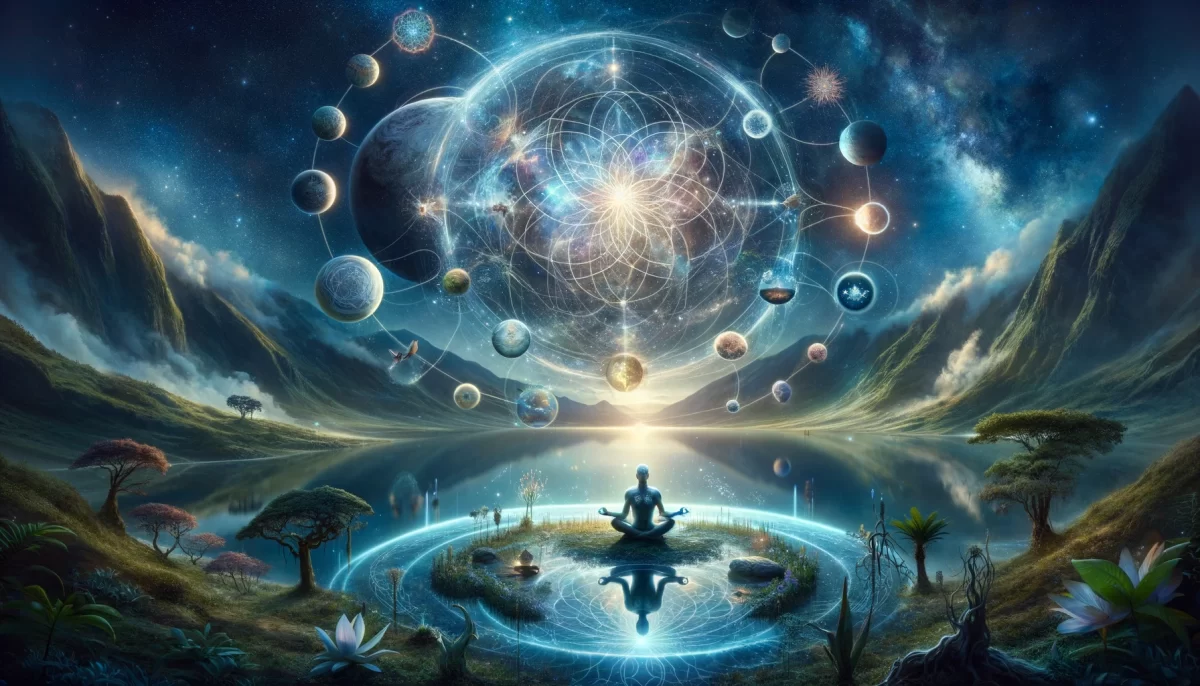
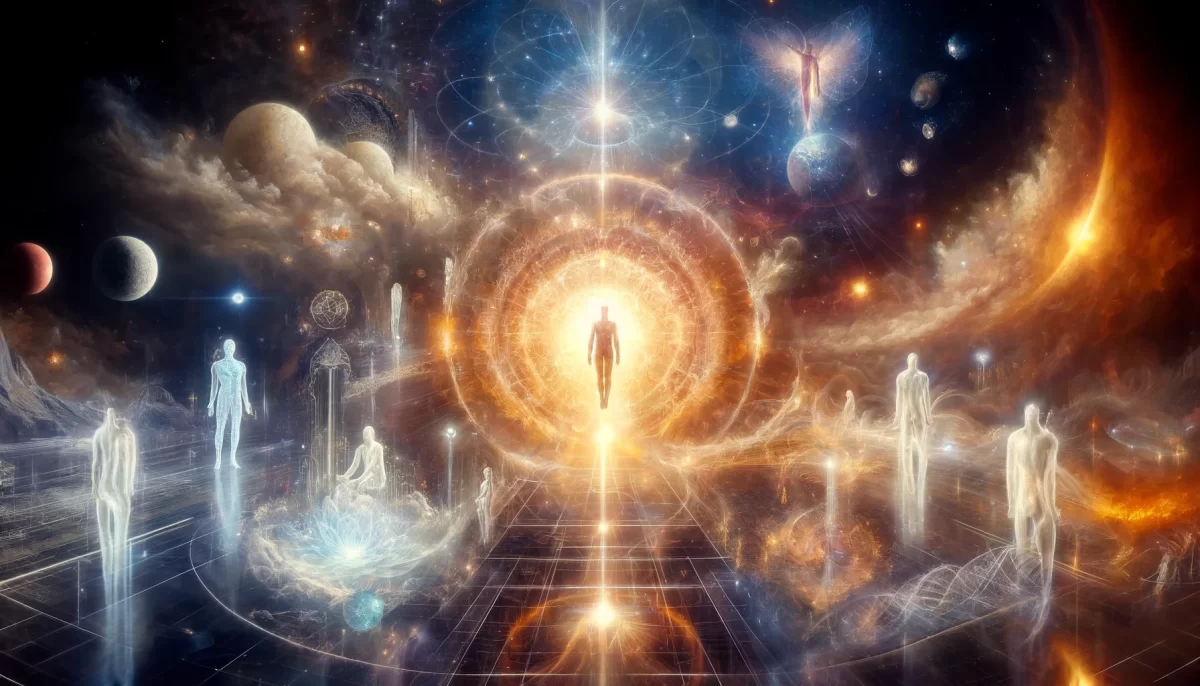
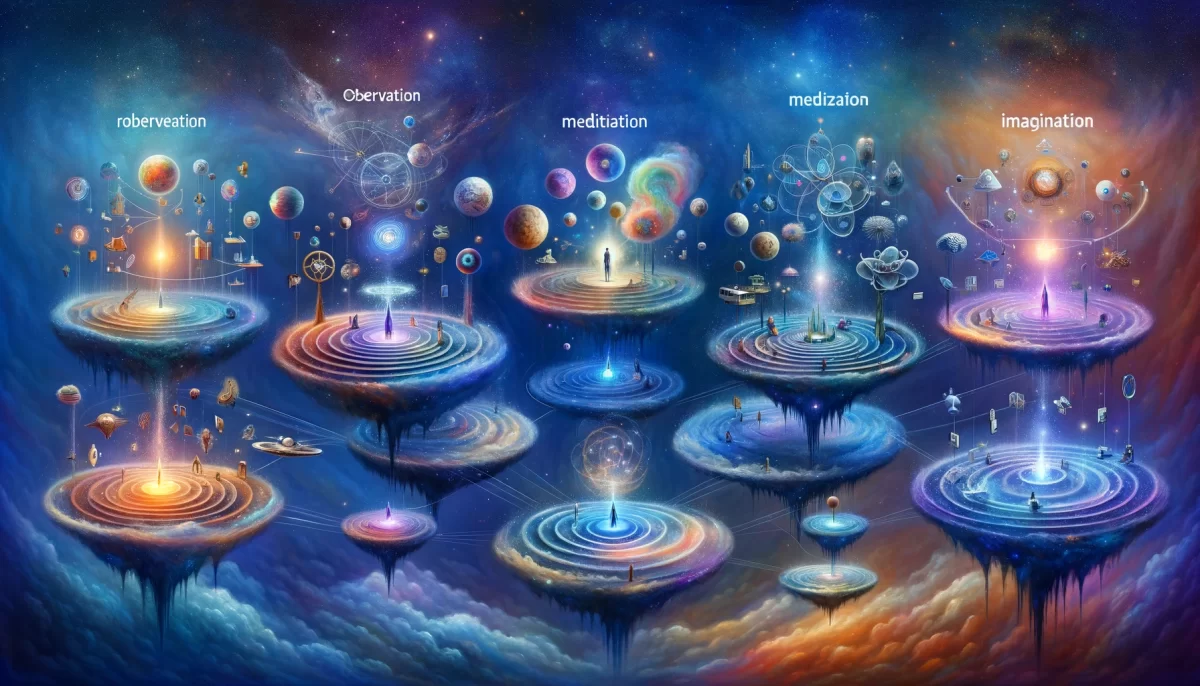
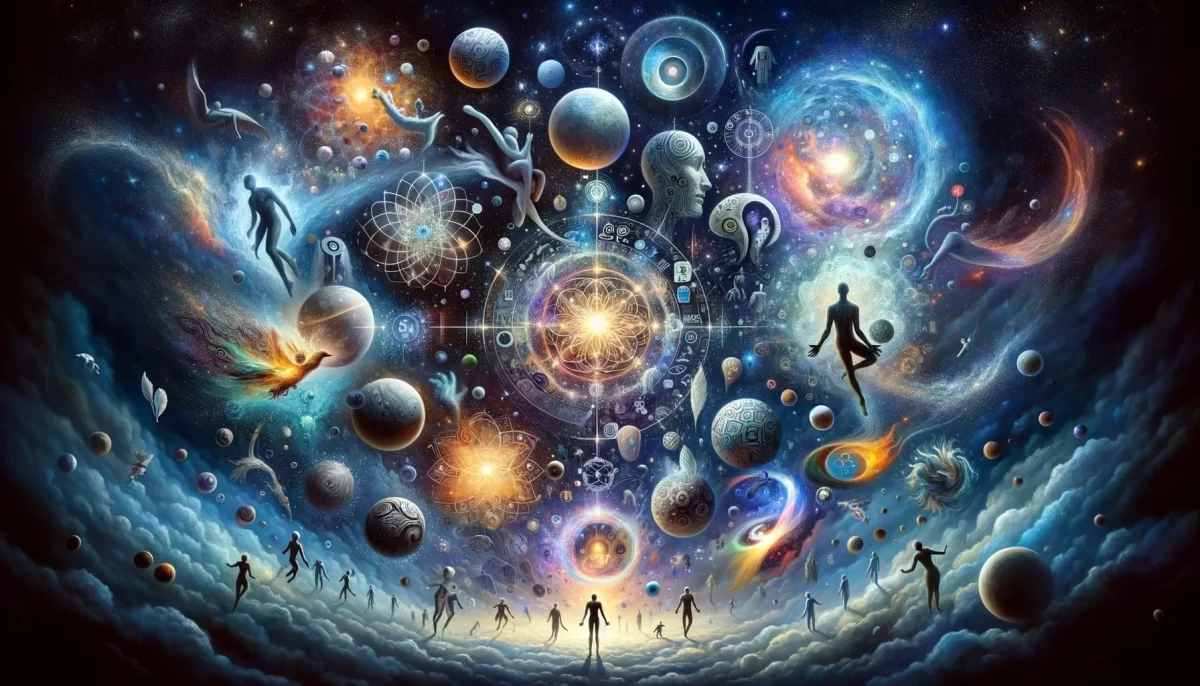
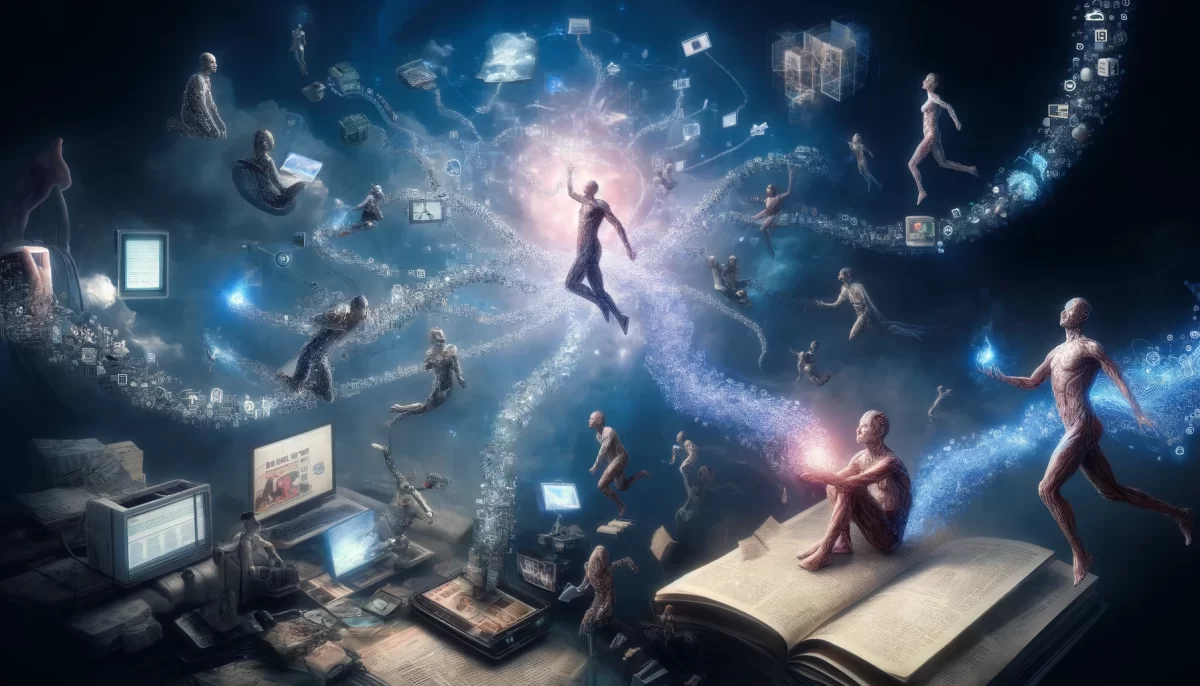

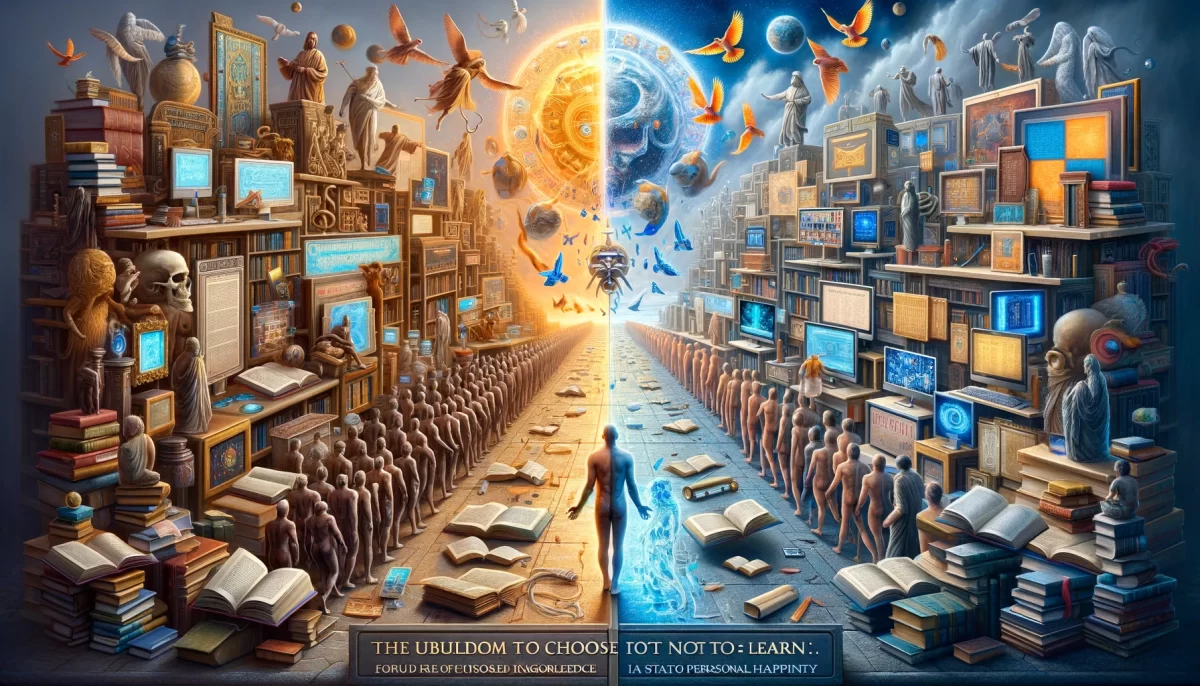
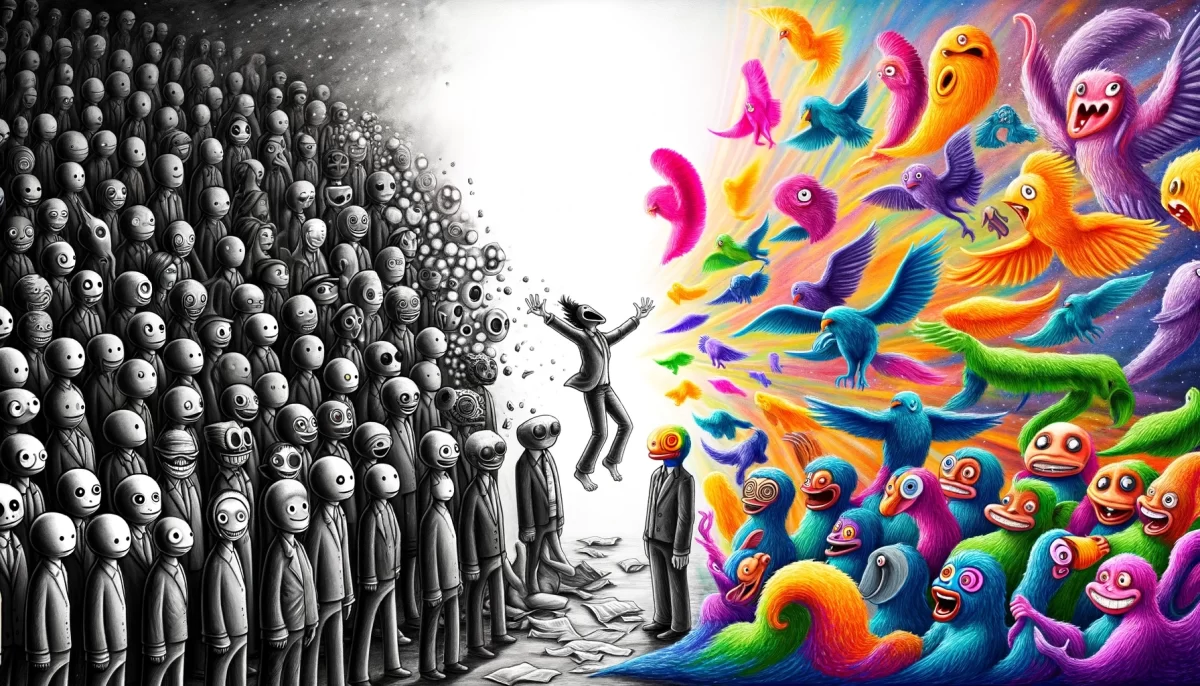
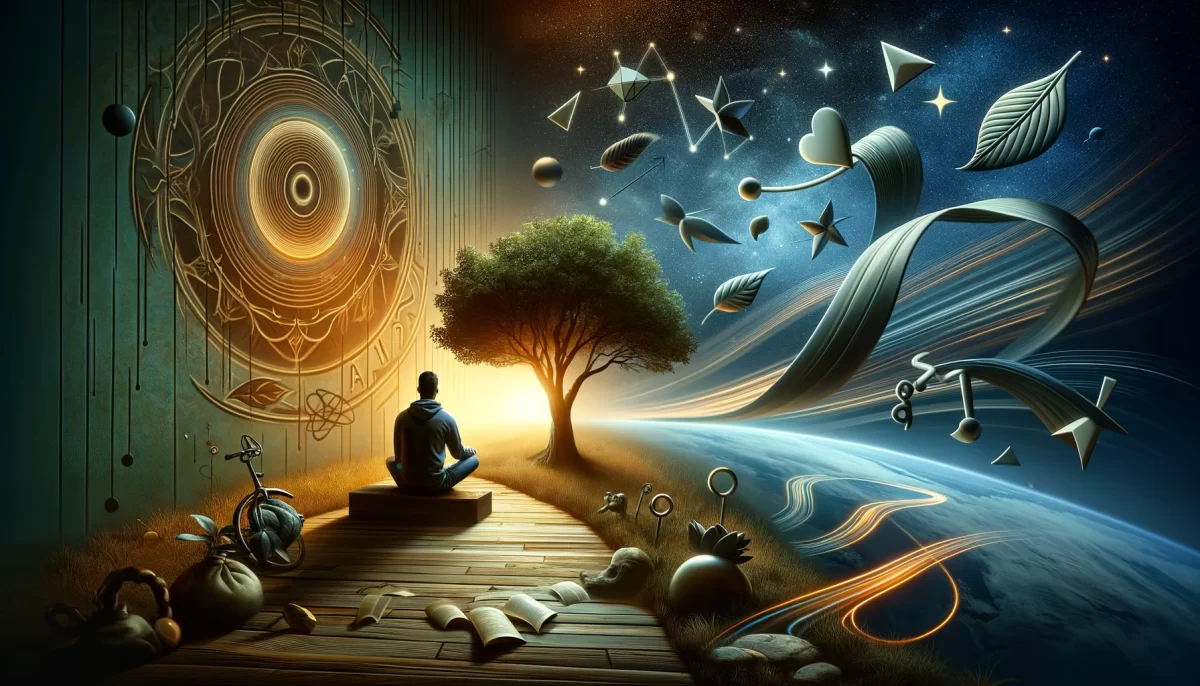
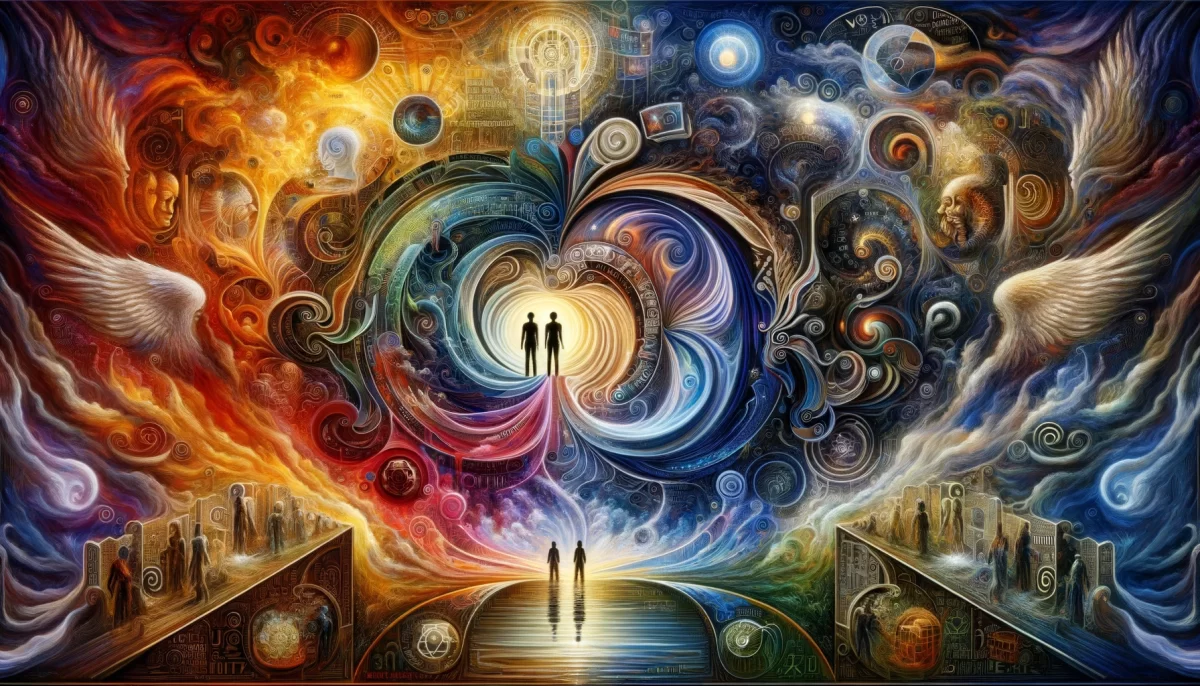
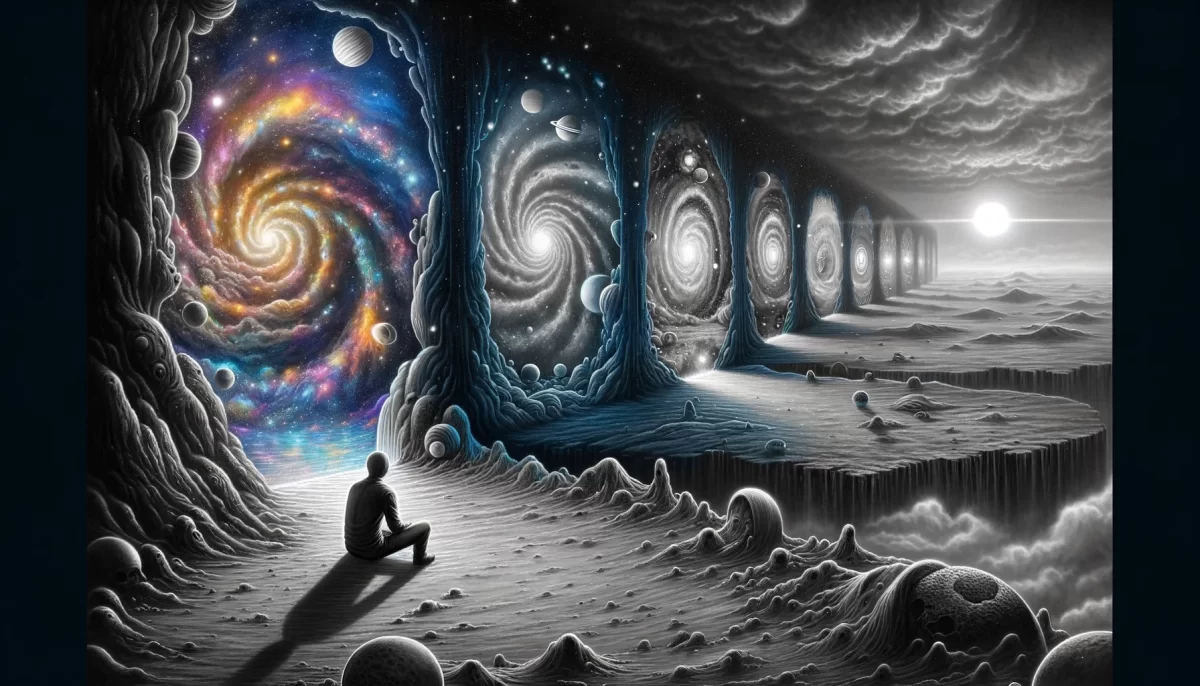
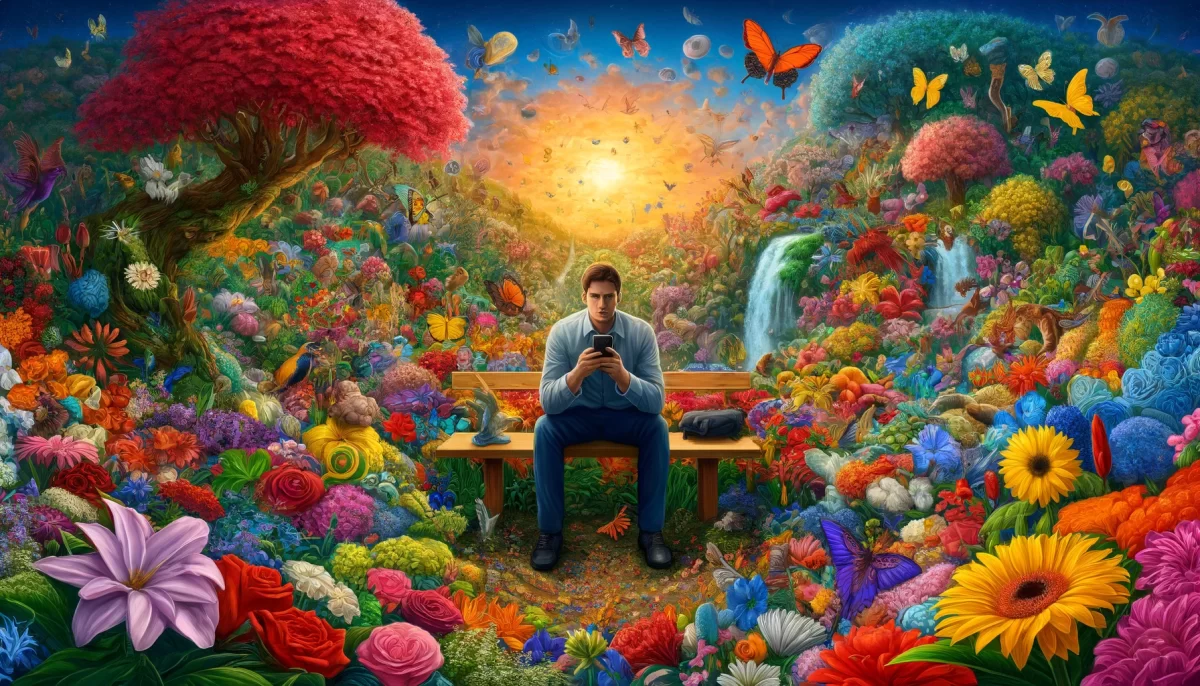

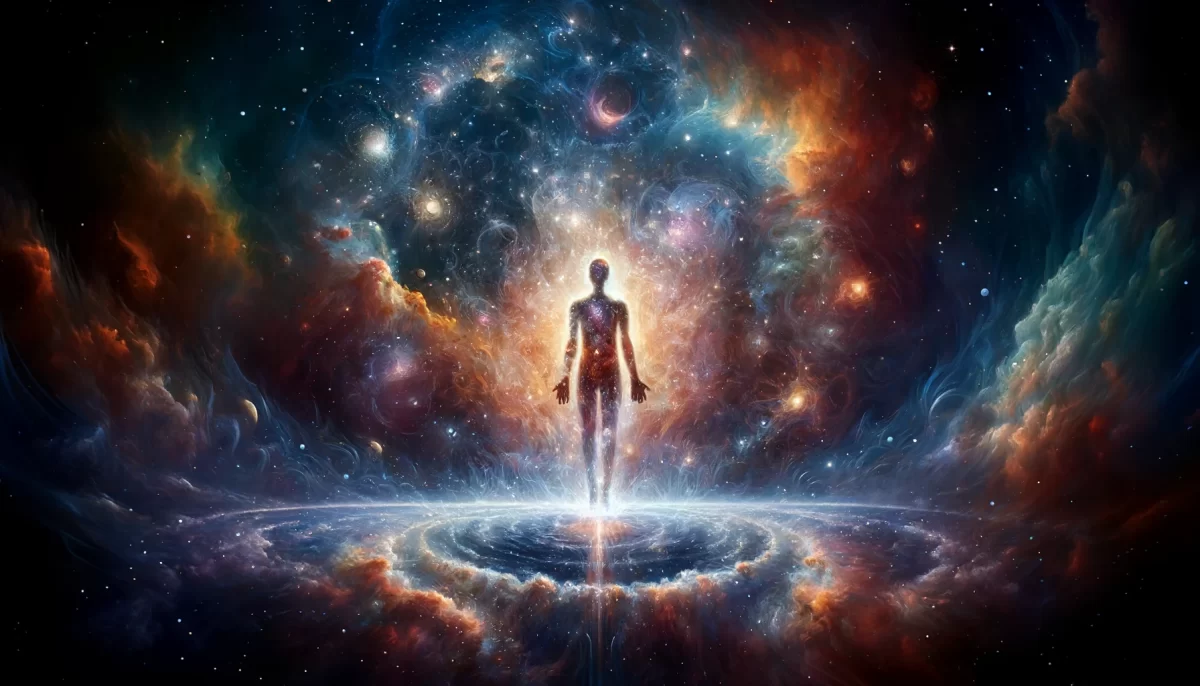
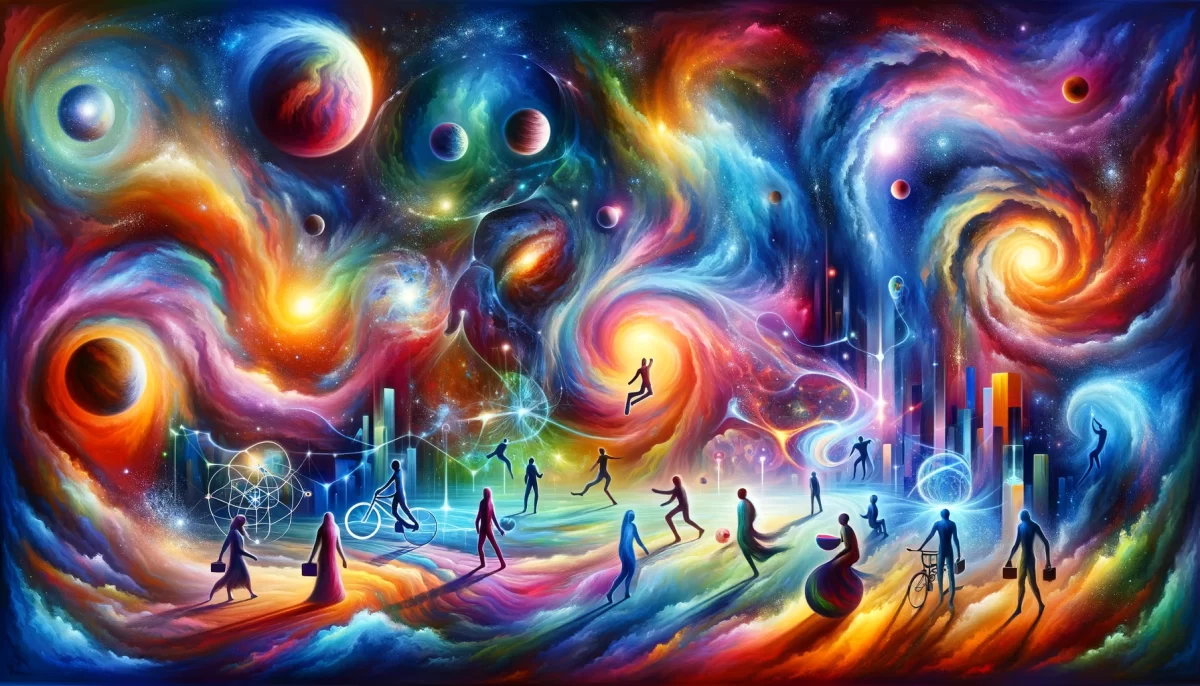
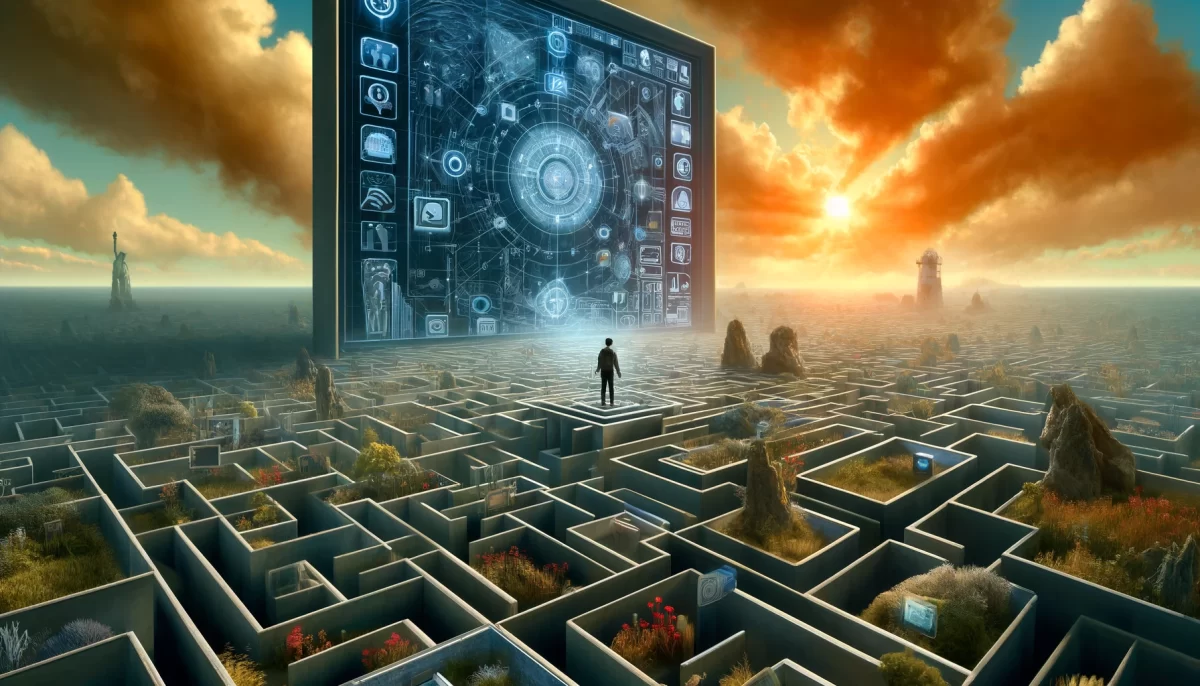
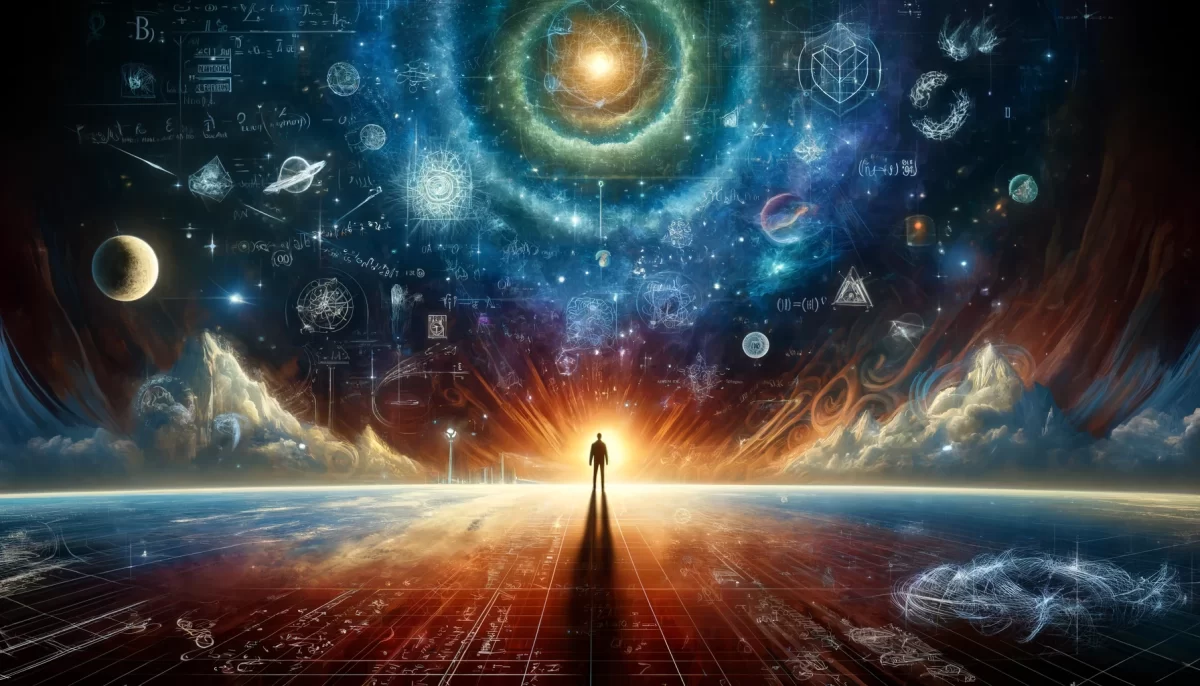
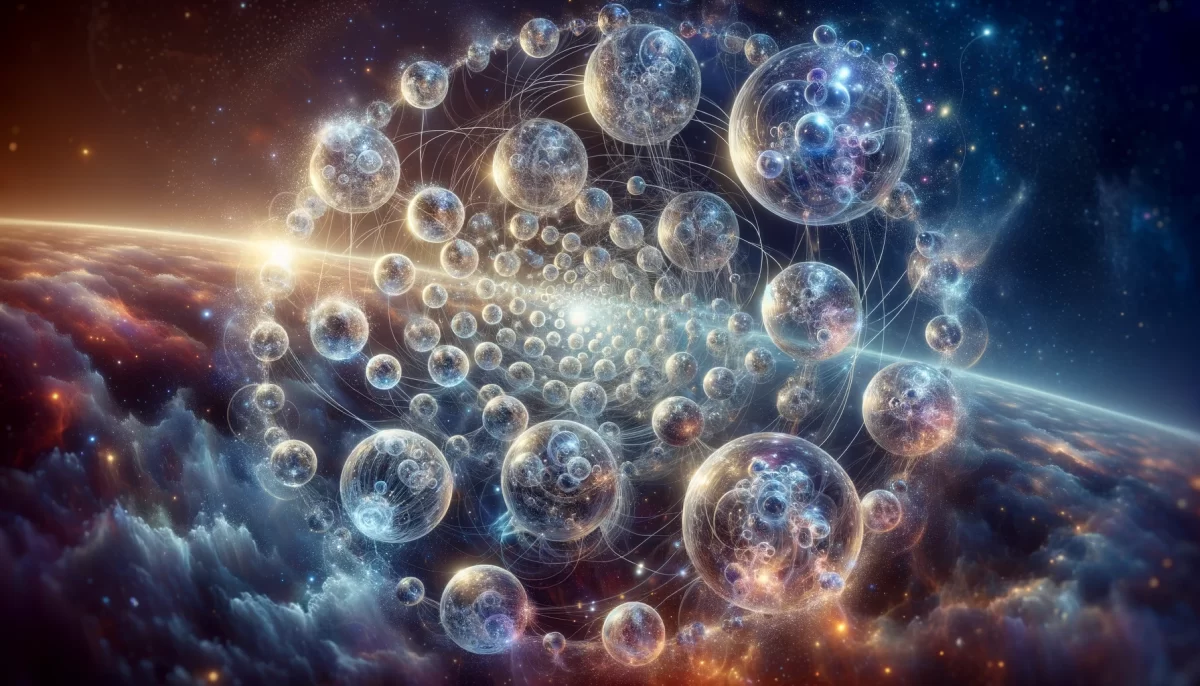
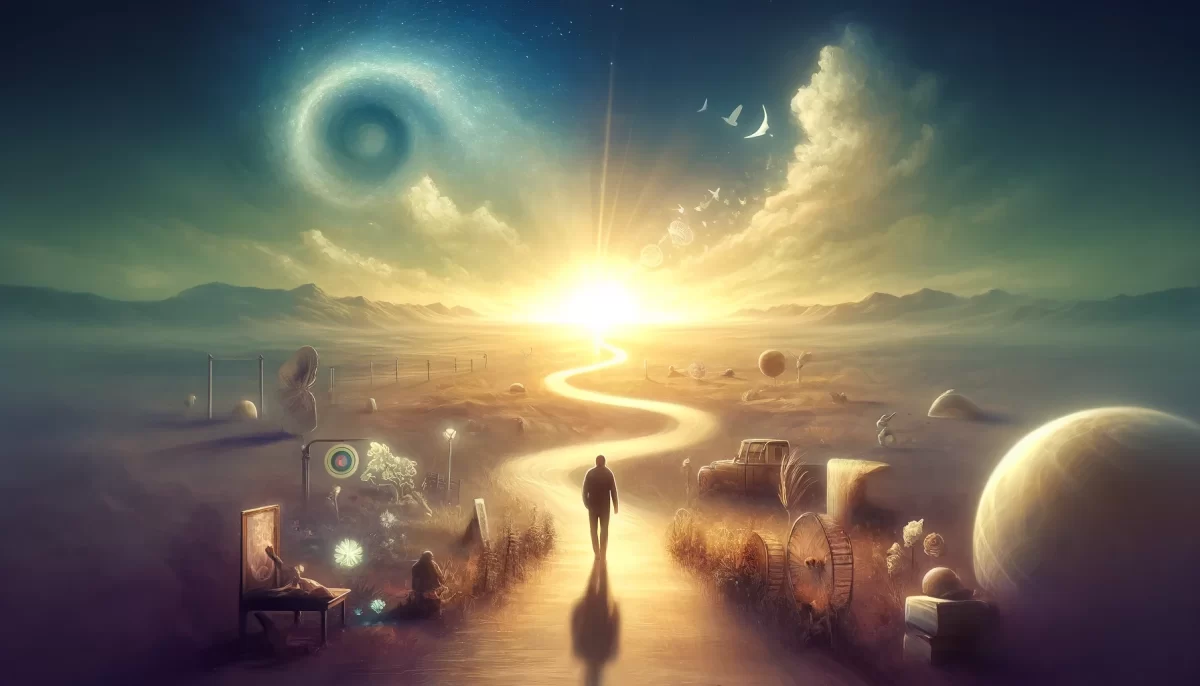
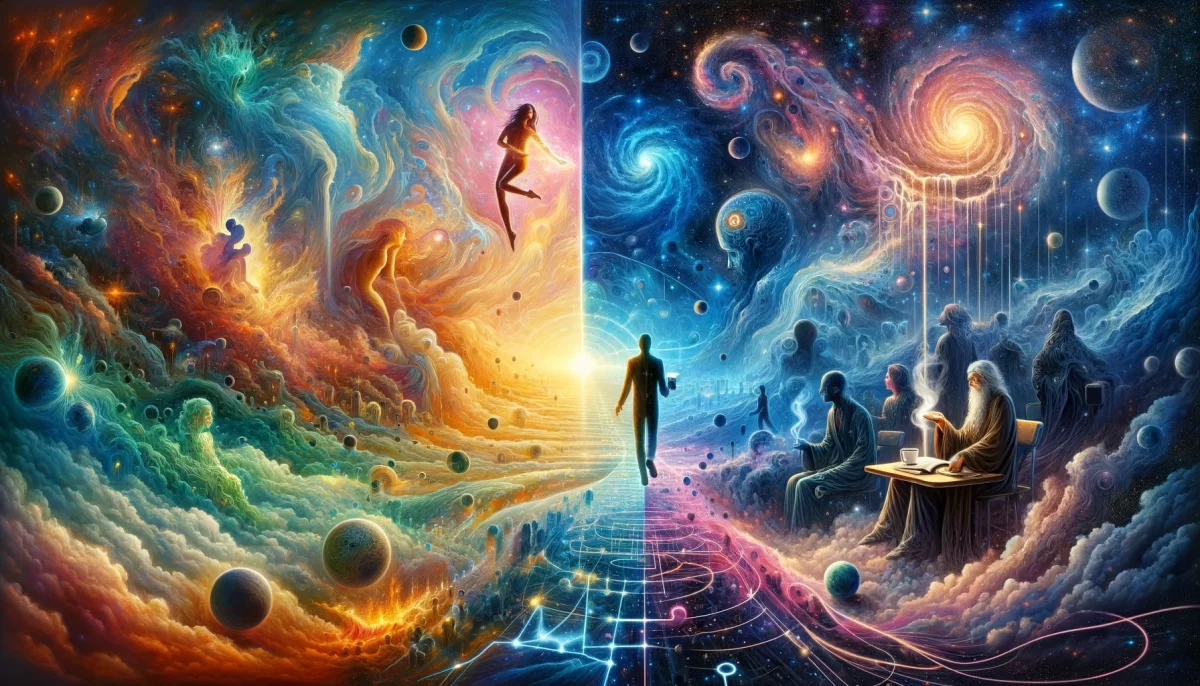

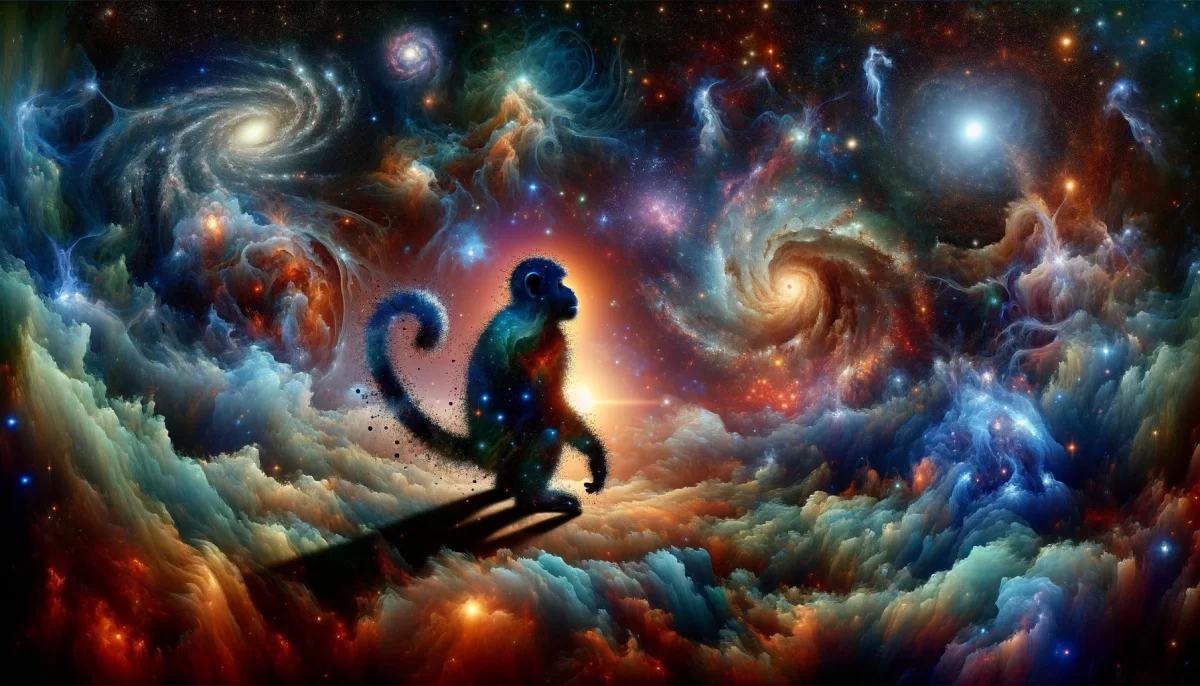
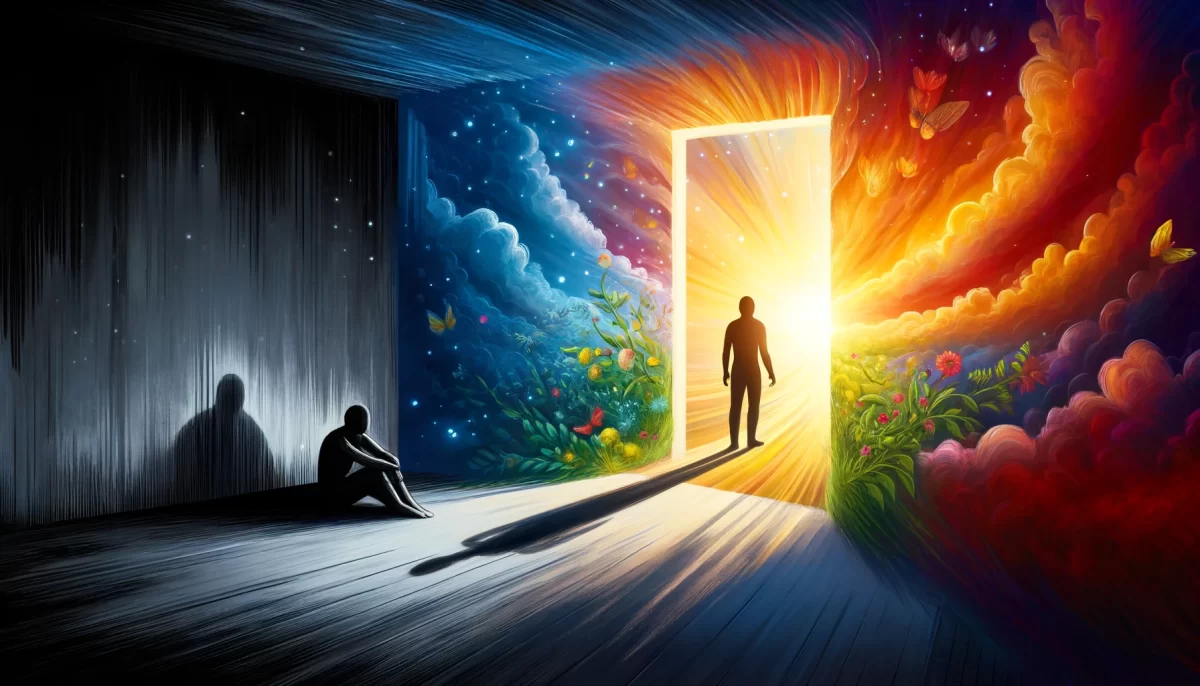
In the absence of proof,
we often find ourselves
leaning towards negativity,
trapped in a cycle of doubt
and self-limiting beliefs.
Perhaps it is because
the negative aspects of life
often demand our attention,
shouting loudly in our minds,
while the positive whispers
are easily drowned out.
Society, too, plays a role,
with its tendency to highlight
the flaws and shortcomings,
creating a culture of criticism,
where tearing down seems easier
than lifting each other up.
Fear, a primal instinct,
has a tight grip on our minds,
causing us to be wary
of the unknown and uncertain,
rather than trusting in the universe
and its infinite possibilities.
We fight for every tomorrow
because the weight of history
presses upon us heavily,
and the mistakes of the past
linger as cautionary tales,
fueling our apprehension.
We accept what history tells us
because it is the narrative
passed down through generations,
yet we acknowledge the fluidity
of our understanding,
constantly rewriting our books,
reexamining our truths.
Science, a beacon of knowledge,
provides us with explanations,
but it cannot delve into the depths
of our thoughts and consciousness,
leaving gaps in our understanding,
and forcing us to seek answers
from within, from intuition.
Our own instincts and judgments
are often overshadowed
by societal conditioning,
making us doubt ourselves
and rely on external validation,
looking for approval and guidance
from others, rather than within.
It speaks to the complex nature
of our existence, the interplay
between our intrinsic being
and the influences that shape us.
It calls for introspection,
to question and challenge,
to reclaim our thoughts,
to find our own voice.
In the absence of proof,
we must be willing to explore,
to question the narratives,
to trust our instincts,
to embrace the positive,
and to create our own truths.
So, dear reader, in response to
the questions posed, I say this:
It is time to reclaim our thoughts,
to seek our own answers,
and to trust in the power
of our own perceptions,
for within us lies the wisdom,
the voice, and the truth
that can shape our existence.
Let us break free from the chains
of external validation and conditioning,
and embrace the beauty of
our own unique perspectives,
for in doing so, we become
the authors of our own stories,
and the seekers of our own truth.